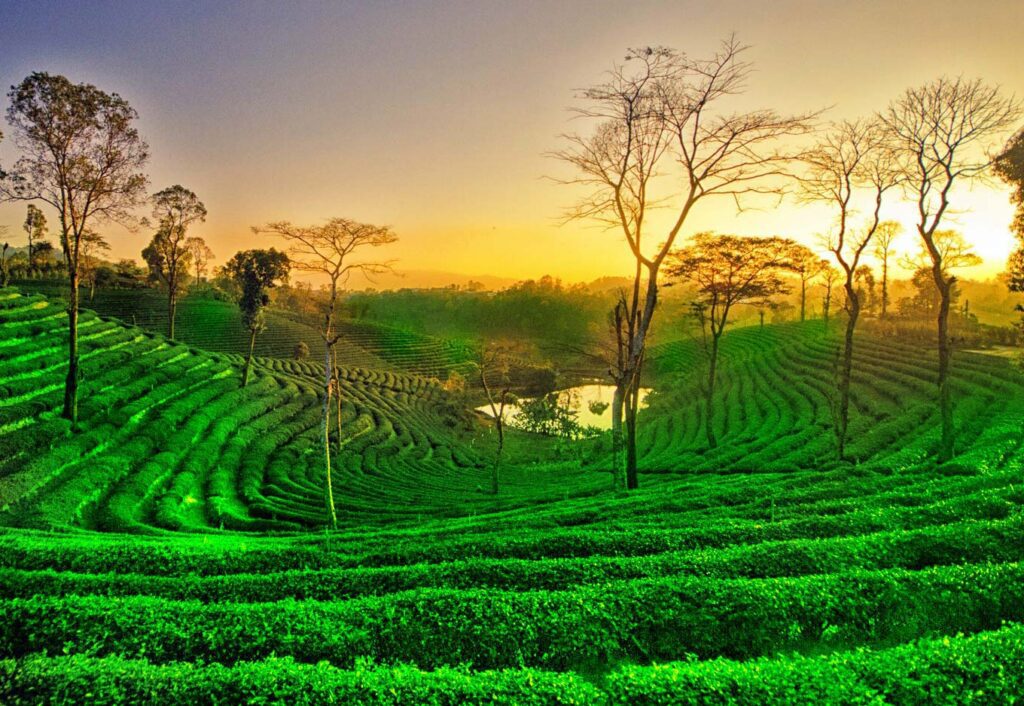In January 2024, TasteAtlas named India’s Masala Chai the world’s second-best non-alcoholic export beverage for 2023–24. TasteAtlas, a popular food and travel guide globally, recognized Masala Chai’s unique blend of flavors and cultural significance in the international market.


About Masala Chai:
Masala chai is a warm beverage created by simmering tea, milk, spices, and sugar. It boasts delicious essences of clove, black pepper, ginger, and cardamom. Loved throughout the Indian subcontinent and beyond, Masala Chai is a beloved export beverage, particularly cherished during colder months.
According to TasteAtlas, Masala Chai is an aromatic export beverage famous in India, made from a combination of sweetened black tea and milk. It typically includes cardamom, ground ginger, cloves, cinnamon, and black pepper. While the exact proportions of spices may vary, Masala Chai’s origins are predominantly linked to the British tea trade.
Chai Origins and International Importance:
Derived from the Camellia sinensis plant, tea is the second most consumed beverage globally, following water. Believed to have originated in north-eastern India, northern Myanmar, and southwest China, tea’s rich history dates back thousands of years.
Ideal Conditions for Chai Cultivation:
Tea thrives in tropical and subtropical climates, with an ideal temperature range of 20-30°C. It requires ample rainfall, porous acidic soil, and is celebrated on International Tea Day, observed annually on May 21st.
Fascinating Chai Facts:
Tea has been a daily beverage since around 300 AD, and its global popularity soared after Dutch traders introduced it to Europe in 1610. India, ranking first in tea production globally, has a rich tea heritage dating back to the British introduction of tea to Assam in 1834.
Assam’s Contribution to Masala Chai Culture:


Assam tea, renowned for its strong aroma and color, has been cultivated since the early 19th century. Lord Bentinck’s initiative led to the establishment of tea gardens in Assam in 1835, marking a significant milestone in India’s tea industry.
Conclusion:
In the ever-evolving landscape of global beverages, masala chai stands tall as India’s export gem, adorned with the accolade of being the world’s second-best non-alcoholic beverage according to TasteAtlas. This aromatic concoction, steeped in tradition and infused with a symphony of spices, has captured the hearts and taste buds of connoisseurs worldwide.
As we celebrate the triumph of masala chai on the international stage, we also pay homage to the rich heritage of tea, a beverage that transcends borders and cultures. From its humble origins in the misty hills of northeastern India to its ubiquitous presence on tables across the globe, tea has woven itself into the fabric of human history, uniting people with every sip.
As we raise our cups to toast the legacy of tea and the enchantment of masala chai, let us not forget the journey that brought these beverages to our lips. From the bustling tea gardens of Assam to the bustling markets of Mumbai, each leaf and spice carries with it a story of resilience, innovation, and tradition.
So, here’s to the spirit of exploration, to the joy of discovery, and to the endless possibilities that await in every brew. Whether it’s the comforting warmth of masala chai on a chilly evening or the refreshing coolness of iced tea on a hot summer’s day, may these beverages continue to delight and inspire us for generations to come. Cheers to the timeless allure of tea and the boundless horizons of taste!





